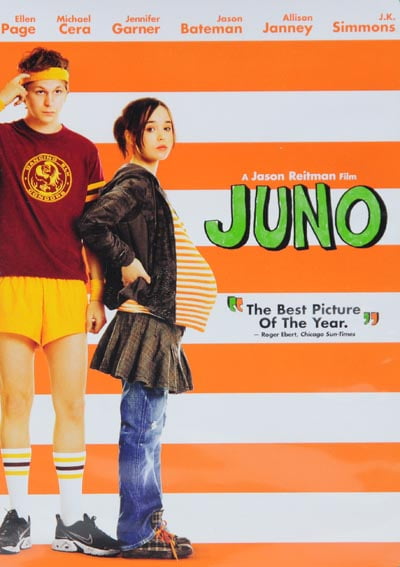The term is from the Greek paradoxos, meaning “contrary to received opinion” or “expectation.” Here is a list of cogent examples.
The child is father to the man
William Wordsworth,They have ears, but do not hear !
“Ode: Intimations of Immortality from Recollections of Early Childhood,” 1807
Psalm 115
Cowards die many times before their deaths
Bill Shakespeare, Julius Caesar Act II, scene ii : line 32 All animals are equal, but some animals are more equal than others
George Orwell, Animal Farm
I can resist anything except temptation
Oscar Wilde
Death, thou shalt die
John Donne, "Death, Be Not Proud"
An example of a paradox in everyday speech:
Deep down, he's really very shallow
Theological Paradox: Christ died so we may have life!
Paradoxical Dialogue:
Me: What is better than eternal bliss?
You: Nothing.
Me: But a slice of bread is better than nothing.
You: So a slice of bread is better than eternal bliss.
You: Nothing.
Me: But a slice of bread is better than nothing.
You: So a slice of bread is better than eternal bliss.
Common Paradox:
Nobody goes to that restaurant; it's too crowded.
Time Machine Paradox:
A girl goes into the past and kills her Grandmother.
Since her Grandmother is dead, the girl was never born. If she were never born, she never killed her grandmother.
Physics Paradox
What happens if you are in a car going the speed of light and you turn the headlights on?
Nota Bene:
When a paradox is compressed into two words, as in “loud," silence,” “lonely crowd,” or “living dead,” it is called an OXYMORON.
For teachers:
I made a minilesson available on TpT —
Literary Terms: Paradoxes, Contradictions, and Oxymorons (Minilesson)
The resource includes the following nifty features for a Minilesson:
- 2-sided handout on paradoxes, contradictions, and oxymorons
- 15 quotes and example from literature and other common sources
- 1 "Further Reading" guide to take your students to the next level










